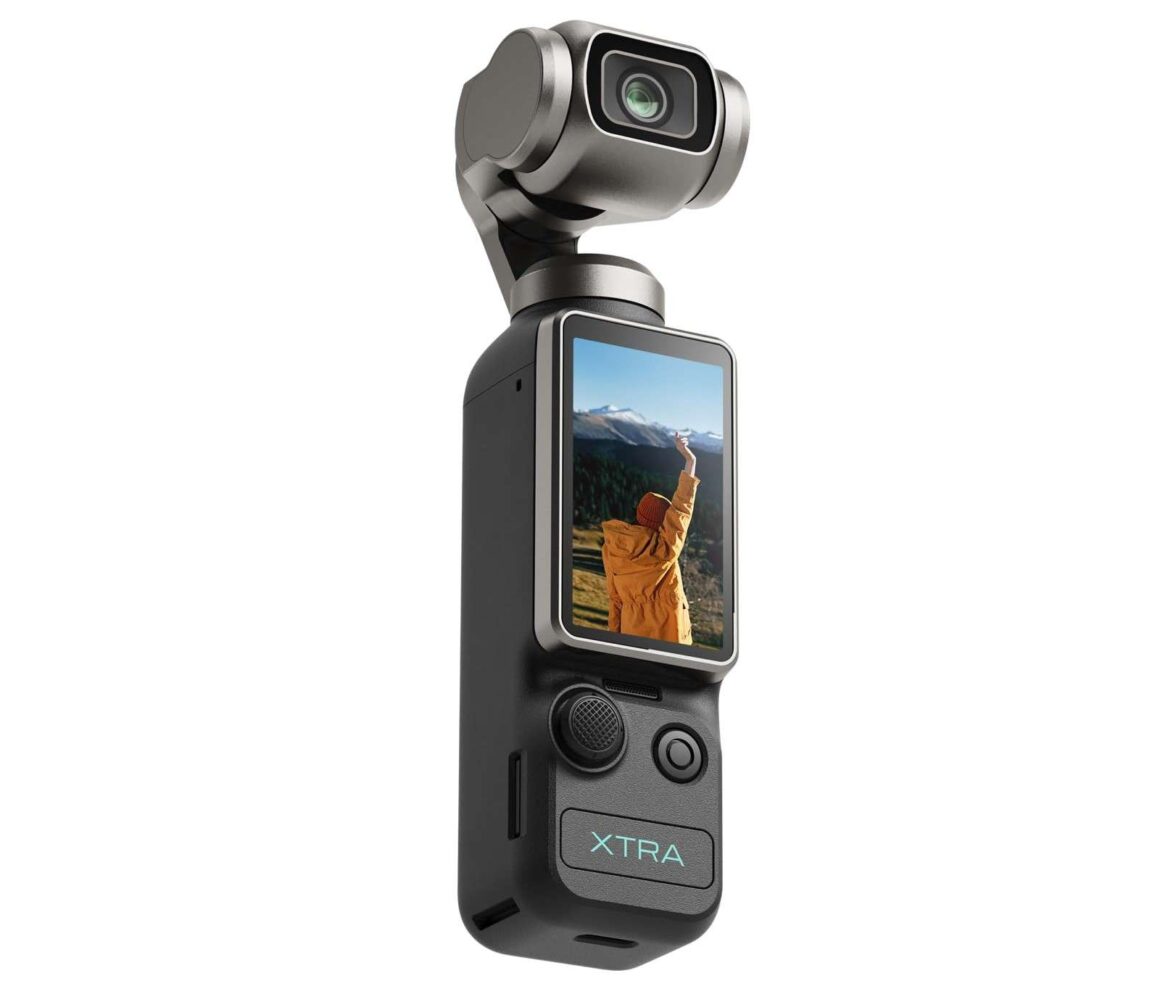Everyone is being affected by Trump’s tariffs. Businesses are using them as an excuse to raise prices. Others are struggling to survive as they balance absorbing the costs and passing their financial burden onto consumers.
DJI, a Chinese-based technology company, seems to have found a workaround. By creating a shell company Xtra Technology to sell some of their cameras.
The Perfect Workaround
In March 2025, a “U.S.-based startup” emerged, selling a handheld camera called the Xtra Muse. It looked very similar to DJI’s Osmo Pocket 3, right down to the controls and software interface. While DJI’s official U.S. price jumped to $799, Xtra’s version sold for $499 during promotions. It was almost identical to the original pre-tariff cost.

Too Similar to Be Coincidence
The Verge posted an article revealing the Xtra Muse uses the same internal components as the Osmo Pocket 3. The same boards, chips, and circuitry. They went deeper by scanning Xtra’s companion app and found thousands of leftover references to DJI’s own systems.
One security consultant found 7,552 mentions of DJI’s LightCut video app buried in Xtra’s code, along with traces of Chinese servers. They even found references to DJI’s Avinox e-bike system. Whoever rebranded the app simply replaced “DJI” with “Xtra”.
Even the corporate paperwork told a story. Xtra’s listed address is a Delaware office used by low-cost incorporation services. They help companies form quickly, often without revealing their true owners. When asked about Xtra by The Verge, DJI refused to comment. If it wasn’t untrue, it should have been easy to deny it.
A Dangerous Game
Is what DJI could be doing through Xtra legal? It’s complicated.
The U.S. government has already designated DJI a “Chinese military company”. This opens the door for bans under national security laws and the upcoming National Defense Authorization Act. There’s also an ongoing Commerce Department investigation into drone imports that could soon limit or block DJI’s U.S. sales altogether.
If those bans go into effect, continuing to sell the same products under a disguised brand would lead to legal trouble. The tactic might violate customs laws, and import rules. It could also violate sections of the Uyghur Forced Labor Prevention Act, depending on where the components are sourced.
If DJI is using Xtra as a shell brand, it’s testing how far a company can go before a workaround becomes a violation. If it works, others will follow.
We’ve seen versions of this play out in other industries. Chipmakers shifting production to friendlier countries. Automakers setting up “independent” subsidiaries to dodge quotas. Software firms rerouting their data pipelines through front companies. DJI’s case simply makes it visible.
If they get caught, the U.S. could decide to make an example of DJI and Xtra. To show that disguising your identity won’t protect you from enforcement.
For now, DJI’s strategy looks like a temporary victory. The moment regulators learn about this, it could also become its most costly mistake.






